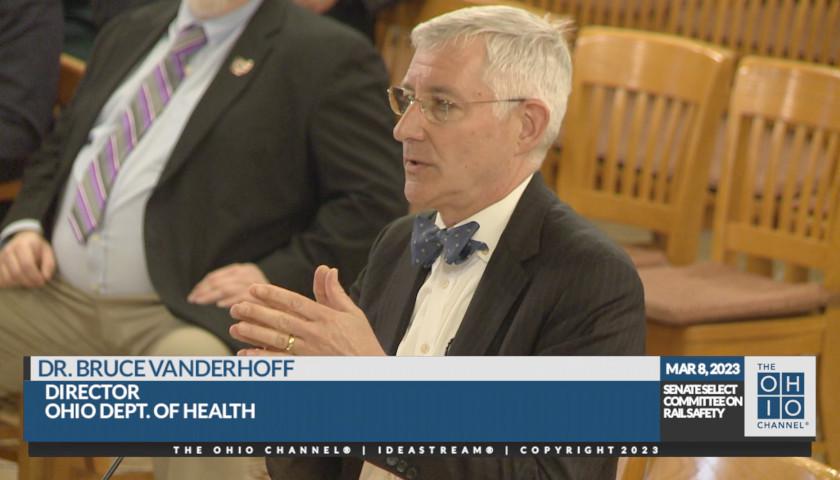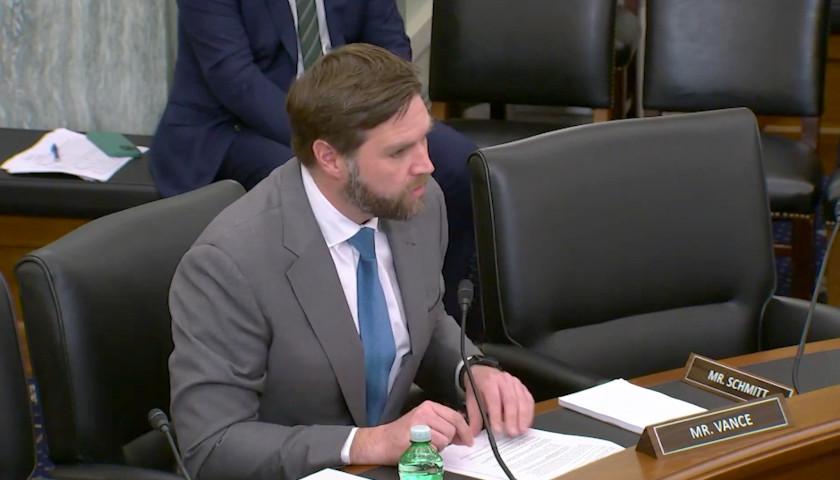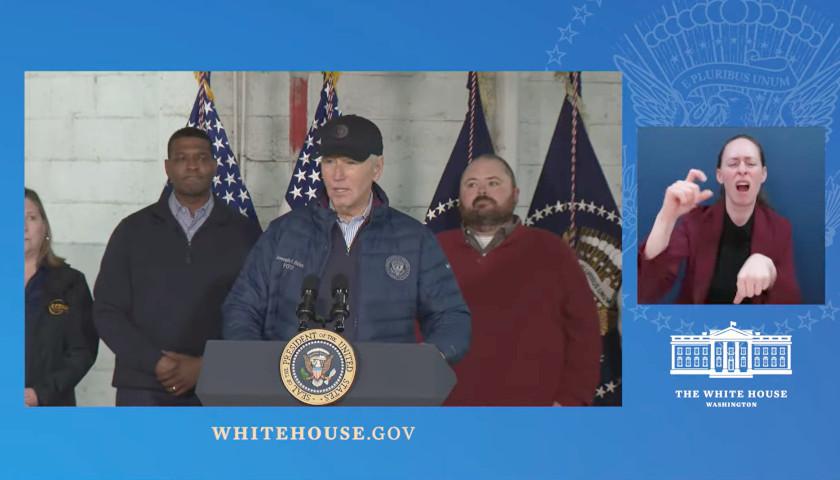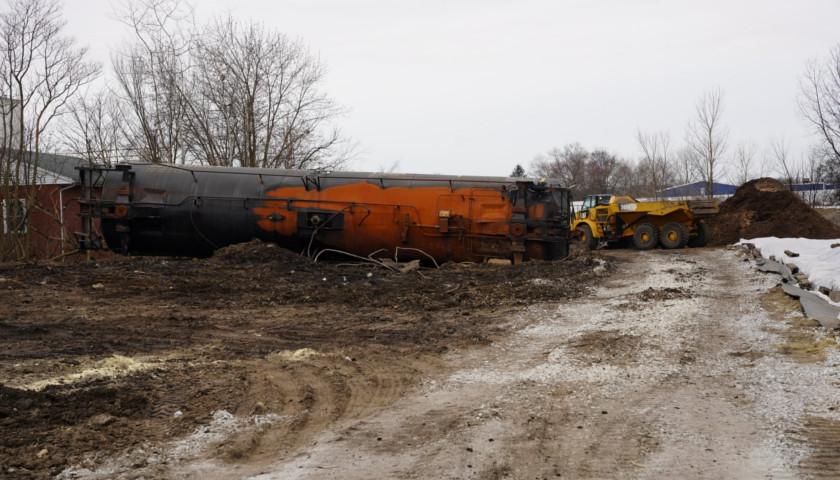Health was a major topic of conversation during the second Ohio Senate Select Committee Hearing on Rail Safety, especially the health of the East Palestine community and the emergency personnel that responded to the wreck there.
The East Palestine incident in early February served as the catalyst for the hearing, which featured testimony and questions from the departments of transportation, health, and mental health and addiction services in Ohio.
On February 3rd 50 train carriages, 10 of which were carrying hazardous materials, derailed as a result of a technical problem with a rail car axle, according to federal authorities. There was vinyl chloride in five of the vehicles. Hundreds of residents evacuated as a result of the controlled release of poisonous gasses that Norfolk Southern carried out on February 6th to stop an explosion.
Officials told East Palestine residents on February 8th that they could safely go home, despite the reports of hundreds of dead fish in the Ohio river near East Palestine and residents complaining of headaches and illness since the derailment.
Numerous locals are still concerned about what they might have been exposed to and how it might affect the neighborhood in the future. Some residents said medical professionals diagnosed them with bronchitis, lung issues, and rashes that they suspect were linked to the chemical exposure from the train derailment.
According to a union spokesperson for workers who build and maintain railways for Norfolk Southern, those who assisted in the cleanup after the train derailed in Ohio have continued to have migraines and nausea.
State Senator Michael Rulli (R-Salem), the committee’s vice-chair and senator for the East Palestine-based Senate district, said that to keep Ohio safer, senators want to know what the state can do.
Since the East Palestine accident, Norfolk Southern has been under scrutiny for a number of other mishaps, and the National Transportation Safety Board (NTSB) has even opened a special investigation into the rail line.
In response to inquiries regarding potential effects on people’s health, Dr. Bruce Vanderhoff of the Ohio Department of Health spoke about research conducted in the community.
“The residents of East Palestine, we had safety workers, the previous witnesses our own ODOT people inhaling this for hours before they even knew what it was. What, in your medical professional opinion, what are the long-term concerns, and what should we be looking out for?” State Senator Kristina Roegner (R-Hudson) asked.
“These chemicals, what they want to do is they want to evaporate, so they are volatile. But, what we can do is watch in a structured and educated way,” Vanderhoff said.
Vanderhoff explained the potential long-term risks due to exposure to these chemicals.
“When it comes to long term health the best data that we have is from people who have worked with these chemicals over time and we do know that people who work with very high concentrations of these over a very long period of time do have some risk of developing some cancers particularly liver cancers but we do not have indications of people who have short term exposures to these chemicals which actually we encounter frequently in our every day lives having those same demonstrable risks,” Vanderhoff said.
Vanderhoff also said that the clinic opened up by the state in East Palestine is critical to evaluating the potential health risks.
“The work we are doing with the practitioners in the area are foundational to our ongoing evaluation to the health of each and every one of the people who live in that area,” Vanderhoff said.
The Ohio Department of Transportation (ODOT) team also provided details about how crews handled the crisis during the hearing on Wednesday at the Statehouse.
The topic of enhancing communication in a crisis like this was also mentioned.
– – –
Hannah Poling is a lead reporter at The Ohio Star and The Star News Network. Follow Hannah on Twitter @HannahPoling1. Email tips to [email protected]








